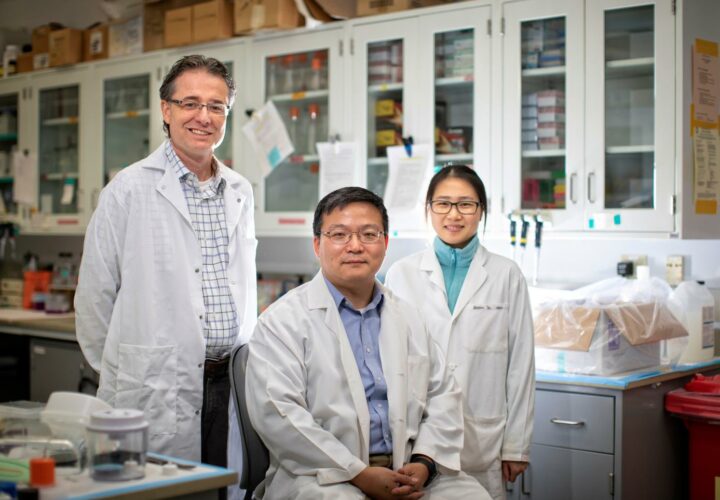In a new study, researchers found that an antibiotic class called aminoglycosides could be a promising treatment for frontotemporal dementia.
While scientists remain far from finding a cure for dementia in its many forms, researchers are continuing to make slow-but-steady progress toward identifying potential treatments. The latest step in finding a treatment for frontotemporal dementia (FTD) may have emerged this week from the University of Kentucky College of Medicine, where researchers said that an antibiotic class called aminoglycosides could be a promising treatment for the disease.
Typically beginning between ages 40 and 65, FTD is the most common type of early onset dementia. It impacts the frontal and temporal lobes of the brain and can lead to behavior changes, difficulty speaking, as well as writing and memory deterioration.
In a proof of concept study, researchers from the University of Kentucky and the University of California at San Francisco (UCSF) said they were able to “trick” brain cells into producing a key protein called progranulin. Although the protein’s role in causing FTD is not fully understood, scientists have linked its absence to the disease.
Lead researcher Haining Zhu, a professor in the University of Kentucky’s Department of Molecular and Cellular Biochemistry, explained in a news release that a subset of patients with FTD have a mutation in their brain cells that prevents progranulin from being produced. After the aminoglycoside antibiotics were added, the cells started making the full-length progranulin protein. Results of the study were published in the journal Human Molecular Genetics.
“The team found that by adding a small antibiotic molecule to the cells, they could ‘trick’ the cellular machinery into making it,” said Matthew Gentry, a co-author of the study.
The researchers said that two specific aminoglycoside antibiotics — Gentamicin and G418 —were both effective in fixing the mutation and making about 50 to 60 percent of the normal progranulin proteins.
Although Gentamicin is an FDA-approved medication, its clinical usage is limited as it is associated with a number of adverse side effects.
“If we can get the right resources and physician to work with, we could potentially repurpose this drug,” Zhu said. “This is an early stage of the study, but it provides an important proof of concept that these aminoglycoside antibiotics or their derivatives can be a therapeutic avenue for frontotemporal dementia.”
FTD is believed to be the fourth most common cause of dementia. The Alzheimer’s Association estimates that 50,000 to 60,000 people in the United States have FTD, and the majority of patients are between 45 and 65 years old. FTD occurs when the frontal and temporal lobes of the brain shrink.
And because the frontal and temporal lobes are responsible for personality, behavior and language, people living with FTD often experience drastic behavioral or verbal changes before exhibiting signs of memory loss.
In other recent research, a new study from the UCSF Memory and Aging Center found that maintaining an active lifestyle — both physically and mentally — can slow down the development of FTD even among people who are genetically predisposed to develop it.





